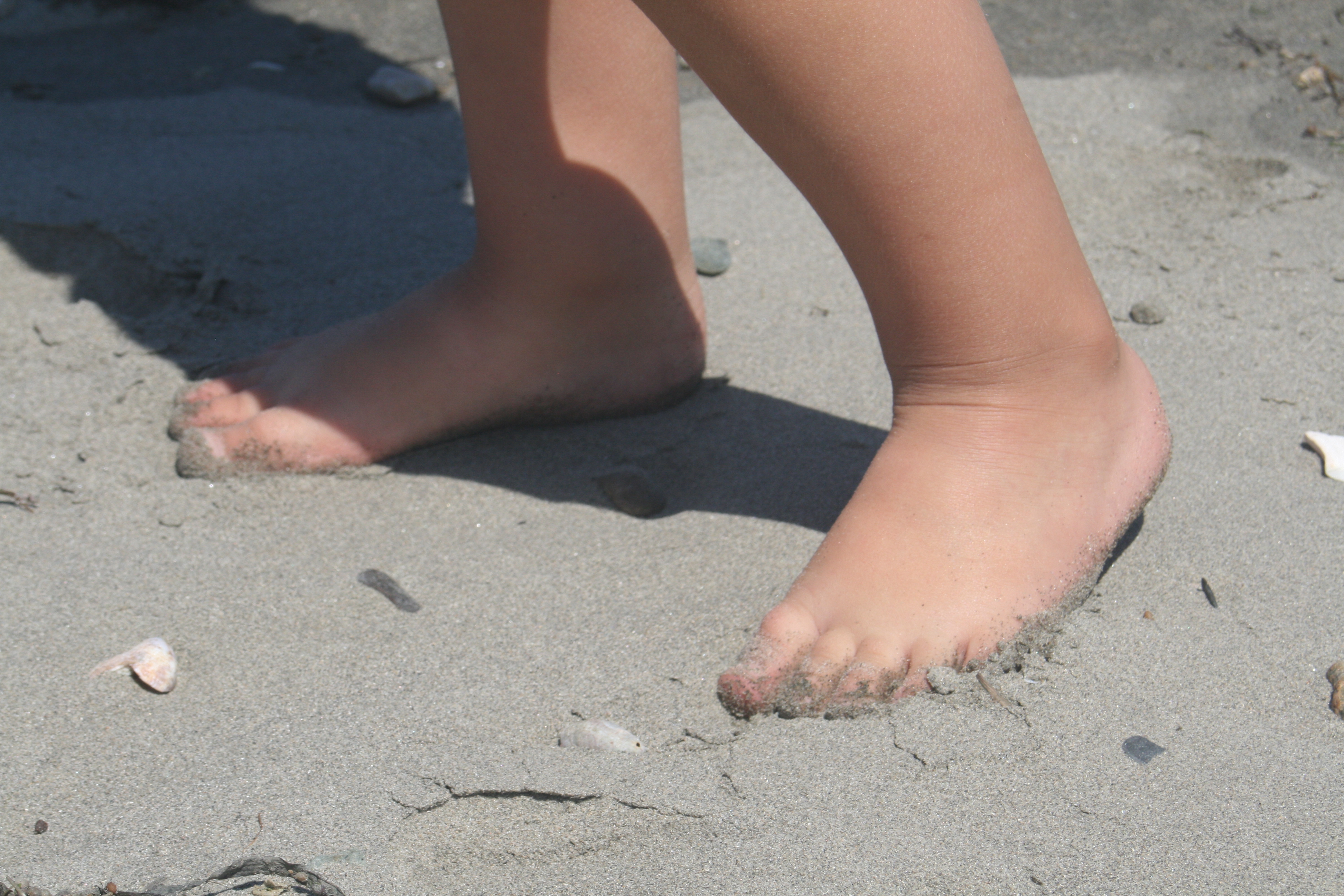Janet Lansbury offers many insights into how to take care of your babies and children. She is a follower of Magda Gerber and her RIE philosophy.
Here are some of my favorite posts from Janet, that recently came across my feed. I hope you enjoy them and realize that as a parent and grandparent you have an awesome responsibility and a wonderful one as you involve yourself in caring for your babies.
“Take the mobile off the bed, take care of their needs, and leave them alone.” This odd sentence was my introduction to Magda Gerberand the child care philosophy that would become my passion. I had given birth a few months before reading this quotation, the only one by Gerber, in an article in L.A. Parent magazine about raising a creative child.
Babies and children are always fascinating and sometimes frustrating to me. As a former maternal child nurse, I feel privileged to have been one of the first people to have held some newborns. I always felt that the birth of another little being was a blessing and a miracle. I think I always knew that something special had just happened when a baby was delivered.
GENERATIONS of psychologists and philosophers have believed that babies and young children were basically defective adults — irrational, egocentric and unable to think logically. The philosopher John Locke saw a baby’s mind as a blank slate, and the psychologist William James thought they lived in a “blooming, buzzing confusion.” Even today, a cursory look at babies and young children leads many to conclude that there is not much going on.
New studies, however, demonstrate that babies and very young children know, observe, explore, imagine and learn more than we would ever have thought possible. In some ways, they are smarter than adults.
via Op-Ed Contributor – Your Baby Is Smarter Than You Think – NYTimes.com.
Temper tantrums can be very perplexing to parents. This anecdote might help explain how RIE understands the mechanisms of toddler tantrums.
Young children are self-healing geniuses, have you noticed? Sometimes their tantrums are an expression of immediate discomforts like fatigue or hunger. Other times, however, they have a backlog of internalized feelings and will seem to deliberately and (seemingly) unreasonably push our limits so that we will hold steady and resist, which then opens up the escape valve they need to release these emotions. But this process can only work for them when we are able to set and hold limits and bravely accept their feelings.
via The Healing Power of a Toddler’s Tantrum | Janet Lansbury.




